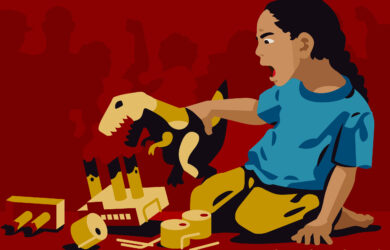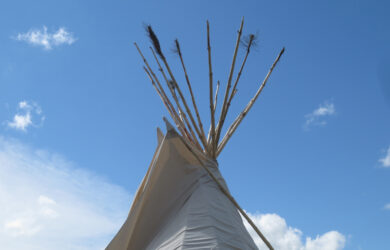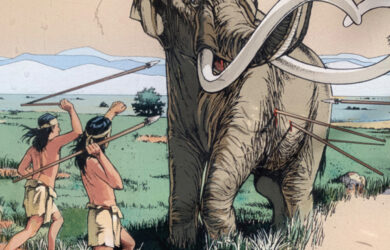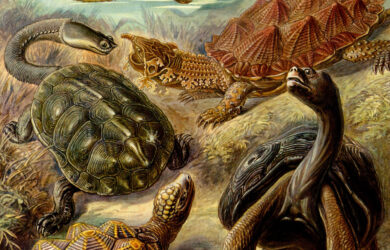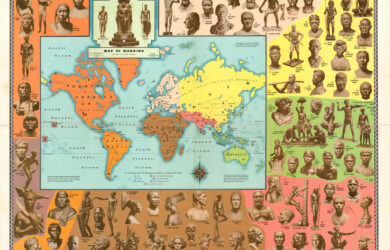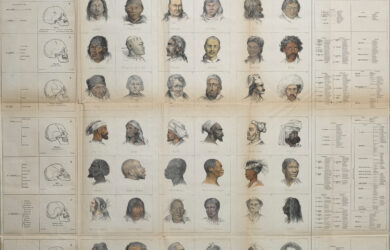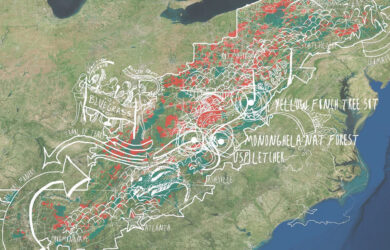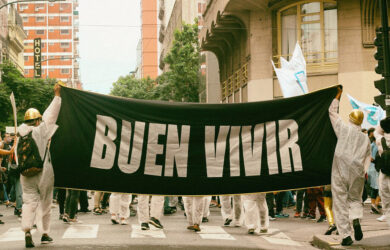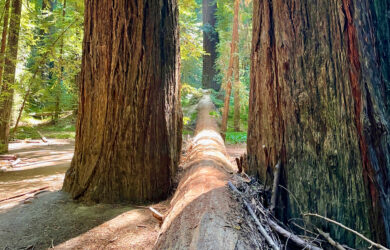With every superstorm, flood, drought, or heatwave, the uneven effects of climate change are made clear. Coastal communities in the poorer nations are displaced from their homelands while wealthy nations move to tighten border restrictions. Private fire services are hired to … Continue reading “Red Natural History: An Introduction”
Red Natural History
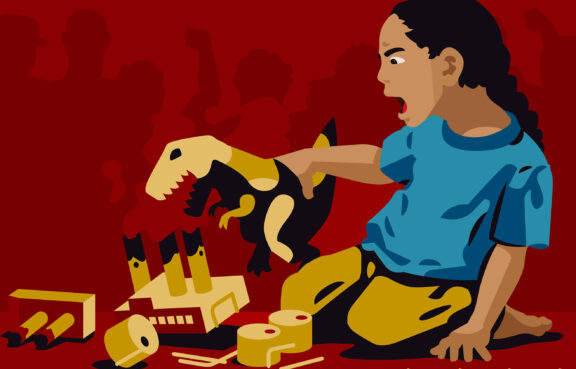
What if we understand natural history not simply as the study of nature, ecosystems, or premodern cultural traditions, but as a site of struggle between two incommensurate relations to the world—one governed by a logic of extraction and enclosure and another that relates to the world as a world in common that cannot be enclosed? Edited by Not An Alternative as part of the collective’s ongoing project The Natural History Museum, this dossier features texts by Indigenous historians, theorists, and ethnobotanists, as well as critical geographers, landscape architects, artists, and activists.
Contributors include Rosalyn LaPier (Blackfeet/Métis), Andrew Curley (Diné), Ashley Dawson, Kai Bosworth, Natchee Blu Barnd, Billy Fleming, Alberto Acosta, and Dina Gilio-Whitaker (Colville Confederated Tribes).
The Slow Violence of Natural History
Rosalyn LaPierNitawahsin was a large empire or nation-state of the Amskapi Piikani and their sister-states, located almost near the center of North America. Its borders were the Saskatchewan River to the north, Yellowstone River to the south, the Rocky Mountains to … Continue reading “The Slow Violence of Natural History”
Dinosaurs, Eugenics, and Collapse: Indigenous Erasure in Natural History
Andrew CurleyIndigenous is a misnomer. We are family members, clans, nations, and relatives. We know each other by relation to one another. We have stories about ourselves and the animals and the creatures that no longer live on the planet. This … Continue reading “Dinosaurs, Eugenics, and Collapse: Indigenous Erasure in Natural History”
Cooperative Nature
Ashley DawsonIn his essay “Of Cannibals” (1580), Michel de Montaigne wrote of the recently discovered inhabitants of the so-called New World, “the laws of nature govern them still […] it is a nation wherein there is no manner of traffic, no knowledge … Continue reading “Cooperative Nature”
Radical Geography: Historical Limits and Future Possibilities in the Context of Indigenous Resurgence
Kai BosworthGeography is a discipline defined by its conceptualization of, and attention to, space and place. Much like other modes of inquiry that have historically emerged from Euro-American perspectives, geography has mobilized reductive conceptualizations of space and place in material projects … Continue reading “Radical Geography: Historical Limits and Future Possibilities in the Context of Indigenous Resurgence”
Already Presumed Dead
Natchee Blu BarndThe academic field of Ethnic Studies is an activist discipline. It was founded through student and community activism, with the purpose of intentionally and explicitly supporting empowerment for marginalized communities and peoples. While it originates most directly from US-based activism … Continue reading “Already Presumed Dead”
Red Design and the Green New Deal
Billy FlemingThis is the time of crisis. In communities all across the world, the roiling heat and flames and the surging seas and storms of the climate crisis are upending lives and communities unabated; the brutality of state and police violence … Continue reading “Red Design and the Green New Deal”
Re-encountering Mother Earth: The Urgent Task of Building Buen Vivir
Alberto AcostaLet us hope that the coronavirus pandemic, as the plague in Ancient Greece before it, results in a paradigmatic historic event such that human conscience becomes attuned to life’s intelligence; such that the Aristotelian syllogism, “all men are mortals,” is … Continue reading “Re-encountering Mother Earth: The Urgent Task of Building Buen Vivir”
A Possible Decolonized, Indigenized Future
Dina Gilio-WhitakerThe ways we tell big stories of social change are born of the perspectives gained by hindsight, and this story exemplifies such hindsight. The Paradigm Shift that occurred during the twenty-first century emerged from relentless struggles for justice conjoined with … Continue reading “A Possible Decolonized, Indigenized Future”


